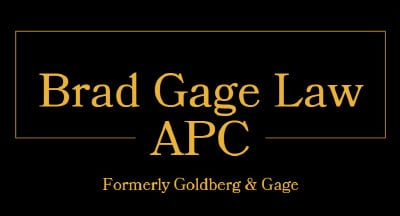Contrary to common belief, actionable defamation of character is not just something you might see in a movie or television program. It is a real issue that can cause devastating harm to the targeted party.
For example, if someone spreads false information about your business practices, it could reduce your pool of customers and seriously impact your profits. Libel and slander are two forms of defamation prohibited under California law, and yes, you may be able to sue for damages.
What’s the difference between slander and libel?
It may help to understand defamation in general. It is an attack in the form of false statements on another party’s reputation or character. Libel and slander fall under the umbrella term defamation in California.
Slander involves making false statements in an unfixed medium, such as oral or spoken untruths. Libel involves making false statements in a fixed (or printed) medium, such as a newspaper or magazine. In the modern world, untruths posted or published online may also be eligible for a defamation of character claim.
What must you prove in a defamation lawsuit?
At its simplest, you must prove the statements were false, made with malice and caused you harm. An example of possible damage is losing your job or income if an employer fires you due to lies about your character. Further, you may need to prove that the other party knew their statements were false.
If your claim is successful, you could receive a financial award for damage inflicted on you and your reputation. To move forward, gather evidence to assess your position and consider obtaining guidance from a knowledgeable legal resource.
